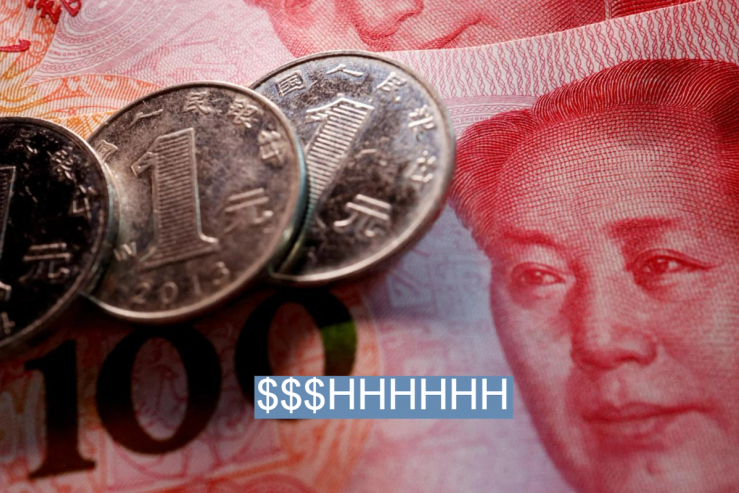The News
Beijing is restricting local economists from discussing the country’s economic woes despite all signs pointing to rocky waters ahead.
Researchers at universities and think tanks and brokerage analysts told the Financial Times that they are being pressured to present economic news positively in order to increase public confidence. This coincides with earlier reporting from Reuters detailing how Chinese firms have been ordered not to discuss risks in offshore listing documents or face losing approval for IPOs.
We’ve curated reporting and analysis on China’s efforts to censor negative trends about its slowing economy.
Insights
- Experts were sounding the alarm before the topic was taboo. One state-affiliated think tank economist last month said there is evidence China is presenting “Japan disease,” a reference to Japan’s own struggles of falling asset prices and sluggish growth in the 1990s. Another Chinese economist recently said that there is no deflation currently but warned that measures must be put in place to prevent it from happening. However, analysts are optimistic that China learned from Japan’s decades-long liquidity trap and can avoid drastic consequences through social initiatives, like fiscal stimulus packages designed to encourage low-income households to spend more. — Deloitte Monday Briefing
- China is further gambling with its economy by censoring negative economic news, writes Freedom House advisor Sarah Cook for The Diplomat. While Beijing has historically quashed temporary setbacks, the move to suppress negative trends is blocking information about “structural weakness that policymakers have failed to address.” Cook suggests that censorship will breed distrust that the situation is worse than it appears, becoming a “self-fulfilling prophecy, as consumers prepare for the worst and wary investors take their business elsewhere.”
- In this slowing economy, Chinese business leaders are turning to “an obscure poker game” called Guandan in the hopes of winning financial incentives from regional governments, Bloomberg reports. Smaller business owners are using the card game to network and foster relations with bankers and prospective investors who might otherwise ignore them. “People in the entire financial circle are playing Guandan,” Hong Hao, chief economist at Grow Investment Group told the outlet. “I had no choice but to learn.”
AD


